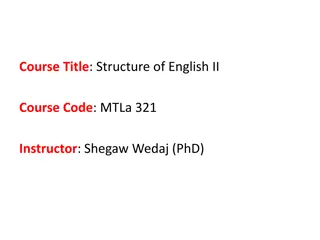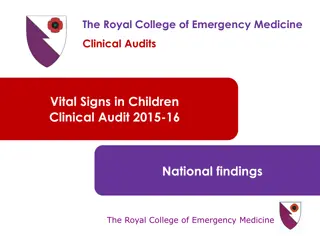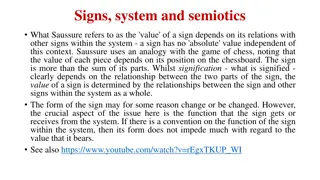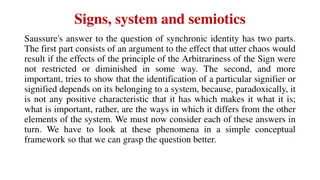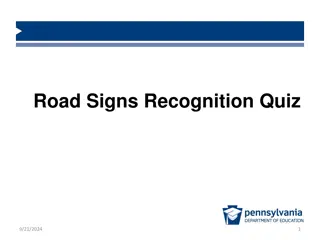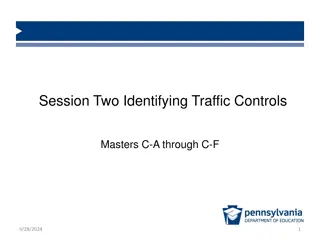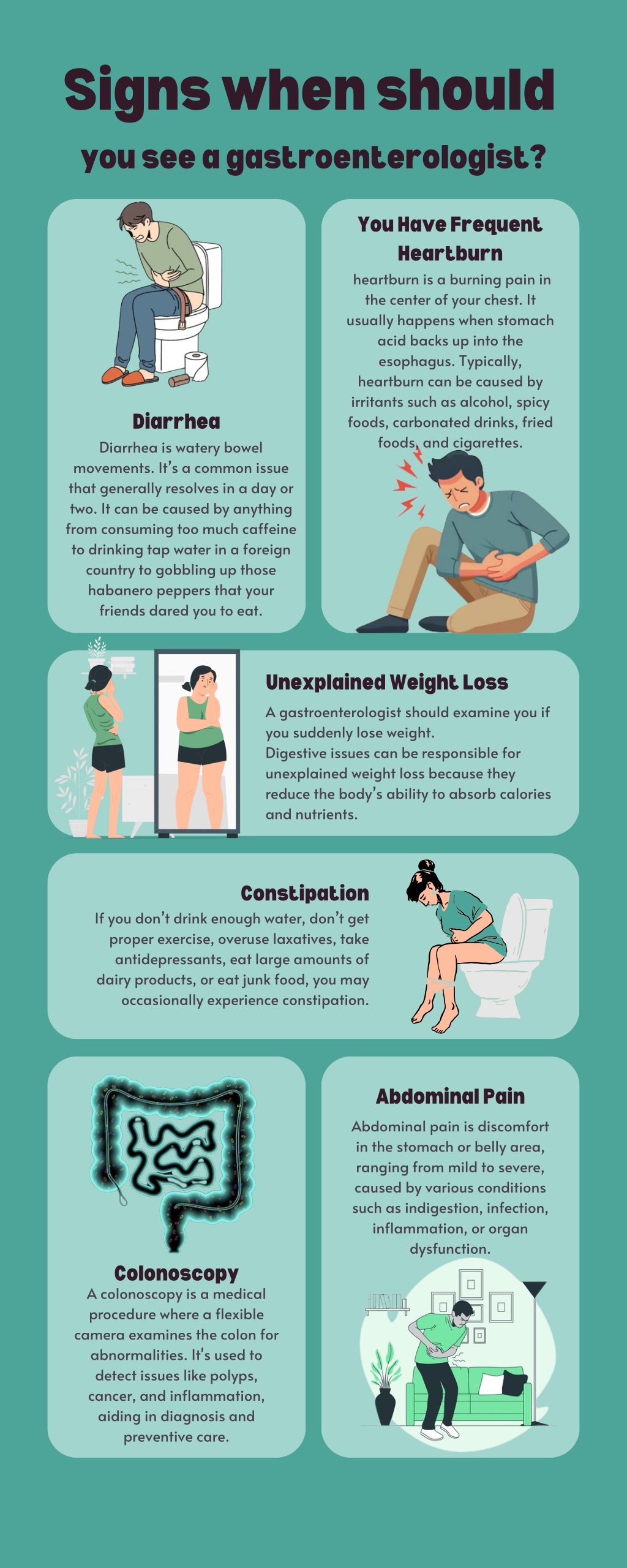
Signs to see gastroenterologist
It highlights crucial symptoms like persistent abdominal pain, unexplained weight loss, or blood in stool, indicating underlying digestive issues. Timely consultation with a gastroenterologist ensures accurate diagnosis and effective management.
Download Presentation

Please find below an Image/Link to download the presentation.
The content on the website is provided AS IS for your information and personal use only. It may not be sold, licensed, or shared on other websites without obtaining consent from the author. If you encounter any issues during the download, it is possible that the publisher has removed the file from their server.
You are allowed to download the files provided on this website for personal or commercial use, subject to the condition that they are used lawfully. All files are the property of their respective owners.
The content on the website is provided AS IS for your information and personal use only. It may not be sold, licensed, or shared on other websites without obtaining consent from the author.
E N D
Presentation Transcript
Signs when should you see a gastroenterologist? You Have Frequent Heartburn heartburn is a burning pain in the center of your chest. It usually happens when stomach acid backs up into the esophagus. Typically, heartburn can be caused by irritants such as alcohol, spicy foods, carbonated drinks, fried foods, and cigarettes. Diarrhea Diarrhea is watery bowel movements. It s a common issue that generally resolves in a day or two. It can be caused by anything from consuming too much caffeine to drinking tap water in a foreign country to gobbling up those habanero peppers that your friends dared you to eat. Unexplained Weight Loss A gastroenterologist should examine you if you suddenly lose weight. Digestive issues can be responsible for unexplained weight loss because they reduce the body s ability to absorb calories and nutrients. Constipation If you don t drink enough water, don t get proper exercise, overuse laxatives, take antidepressants, eat large amounts of dairy products, or eat junk food, you may occasionally experience constipation. Abdominal Pain Abdominal pain is discomfort in the stomach or belly area, ranging from mild to severe, caused by various conditions such as indigestion, infection, inflammation, or organ dysfunction. Colonoscopy A colonoscopy is a medical procedure where a flexible camera examines the colon for abnormalities. It's used to detect issues like polyps, cancer, and inflammation, aiding in diagnosis and preventive care.








